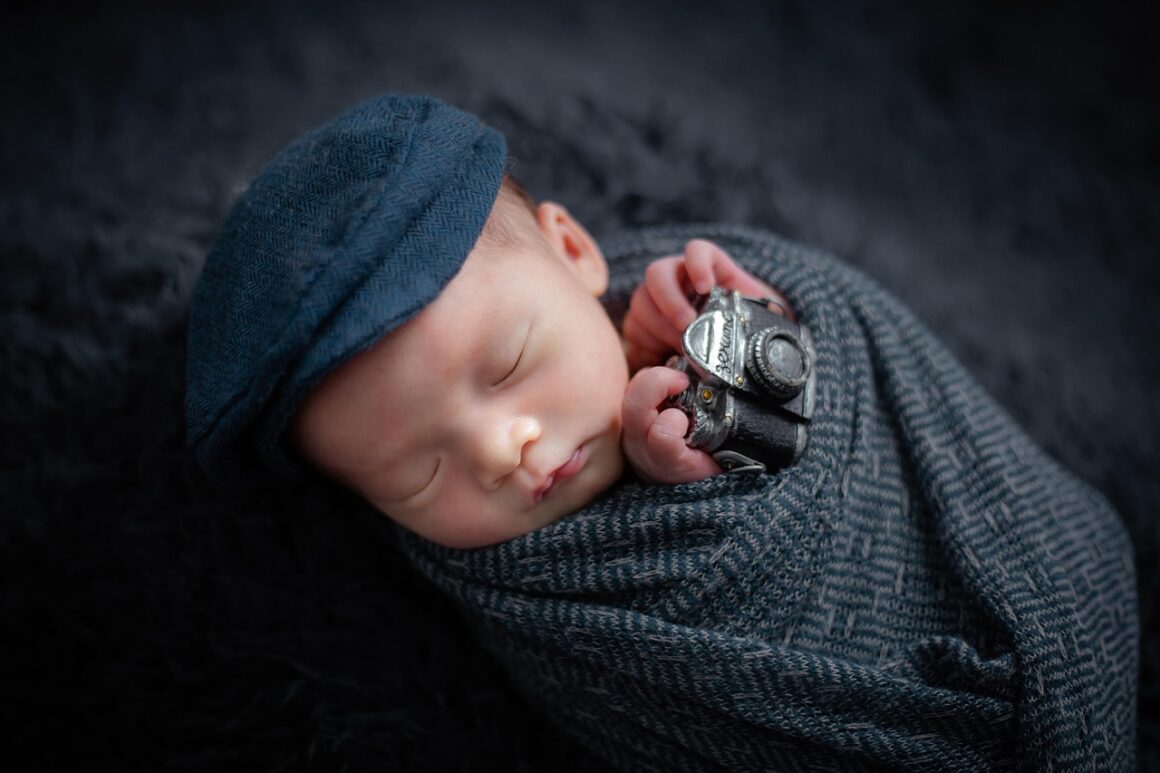The ever-present red heart emoji can be found in Instagram bios of teens and even children around the world, often accompanied by a “mention” of their significant other’s relationship. This is simply another way of expressing one’s caring for another person, just like a card, t-shirt or tattoo. It might, however, be one calling card of an interesting effect social media can have on teens around the world.

According to Pew Research Center, 44% of teens between 15 and 17 years old have some experience with dating. This is more than double the 20% of 13- and 14-year-olds who have dated in their lifetimes. This is, perhaps, unsurprising when you consider the transition to high school and vastly different social life that comes around the mid-teens. Even in high school, ChildTrends reports that over 50% of tenth-grade students have never dated. On the surface, nothing has changed since my parents’ time in school: notes slipped in lockers and bashful smiles across the classroom. However, looking deeper into the data reveals a paradigm shift in how dating begins in the modern day– perhaps even in what dating means to the Romeos and Juliets of the 21st century.
No matter how much our technology evolves, some things will likely stay the same forever. According to another Pew Research report, the most common way for a teenage boy to ask someone out on a date is in person, not over the phone or by text message. Less than 30% of teens would even consider asking someone out over text message, while 47% of girls would prefer to be asked out rather than to be the one asking (a sharp contrast to the respective 6% of boys). In a relatively new practice, 27% of teens have used social media to keep track of their partner’s whereabouts, a move often known as “Insta-stalking.”
Looking at these surface statistics, things may seem to be at or near the status quo. It’s when we look at what happens when relationships end that things get interesting very quickly. 46% of girls and 30% of boys will delete or untag photos of their ex on social media accounts. It may not mean much for them, but the effects that simple act will have on future viewers are massive. Behavioral scientist Clarissa Silva with Thrive Global reports that social media is a “highlight reel,” with anything negative airbrushed, distracted from or simply deleted. Needless to say, this often includes exes. When failed relationships from the past are effectively erased from history, teens scrolling through their Instagram feed see only happy relationships and cute couples. When combined with the “FOMO effect,” or Fear Of Missing Out, this creates strong pressure on teens to find a date at any cost. Often, this causes even more failed relationships, creating a vicious cycle and, in some cases, causing permanent psychological damage to the teens that were snared by FOMO.
“We’re sending them into battle with their hands tied behind their back.”
Katie Hood, CEO of One Love, works to teach teens about healthy relationships. “Real life happens under the hood,” Katie said in an interview with Glamour magazine. By only exposing them to photos of smiling couples and bouquets of roses, “we’re sending them into battle with their hands tied behind their back.” One Love, and other groups like it, focus on educating teens and adults about unhealthy relationships and how to avoid them or get out of them. “There’s always going to be drama in relationships,” says Hood. “What we want to try to do is help young people to actually work towards healthy relationships.”
Dating is obviously not going anywhere, and so groups like One Love will become increasingly important as social media becomes even more intertwined with the lives of children and teens. Platforms like Instagram, built on the idea of sharing a perfect life, have ironically become a gateway to something far more dangerous.
If you or someone you know may be in an abusive relationship, online or in person, visit LoveIsRespect.org or call 1-800-799-7233.
Photo: Aila Images via Shutterstock




